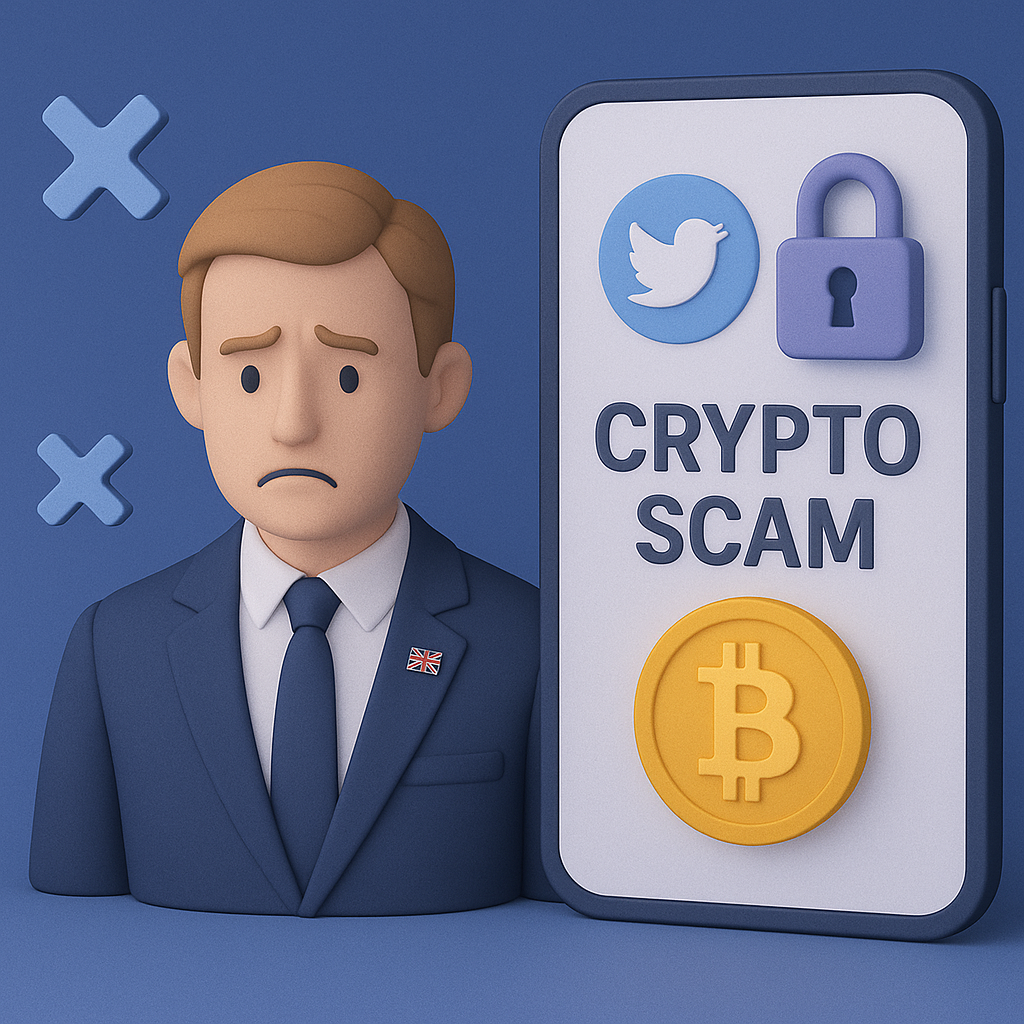SafeMoon CEO John Karony faces fraud charges related to his involvement in a controversial crypto project. Today, his defense team is advancing a new argument: the abolition of the U.S. Department of Justice’s (DOJ) cryptocurrency unit is, according to him, sufficient grounds to dismiss the charges against him. This bold legal strategy reignites the debate on the regulation of the crypto space and the legitimacy of the entities that manage it.
A defense focused on the structure of the DOJ
- Disappearance of the DOJ crypto unit: Karony’s legal team claims that the DOJ’s recently disbanded or reorganized cryptoasset crimes unit weakens the legitimacy of the prosecutions.
- An attack on the due process: The lawyers argue that the unit exceeded its authority and that the absence of a clearly defined body calls into question the very basis of the investigation against their client.
The Charges Against SafeMoon and Its CEO
- Token Manipulation and Investor Fraud: John Karony is accused of orchestrating a scheme designed to enrich the project’s founders at the expense of token holders, by embezzling a portion of the funds raised.
- A Well-Founded Federal Investigation: Despite the defense’s arguments, prosecutors maintain that the charges are solid and based on tangible evidence, including internal financial transfers and communications between team members.
Opportunities and Risks for the Crypto Ecosystem
Opportunities:
- Clarification of the legal boundaries of regulatory units could strengthen the legal certainty of legitimate projects.
- The end of certain ill-defined units could encourage the creation of more transparent and specialized structures.
Risks:
- A dismissal of the charges could be interpreted as a signal of institutional weakness in the face of crypto fraud.
- This could encourage other dubious projects to use legal loopholes to evade justice.
Conclusion
The SafeMoon CEO’s attempt to invalidate the prosecution by citing the demise of the DOJ’s crypto unit raises profound questions about the current regulatory structure in the United States. While the outcome remains uncertain, this case highlights the urgent need for a clear and lasting legal framework for cryptocurrency-related projects, at a time when the ecosystem is desperately seeking stability and trust.














